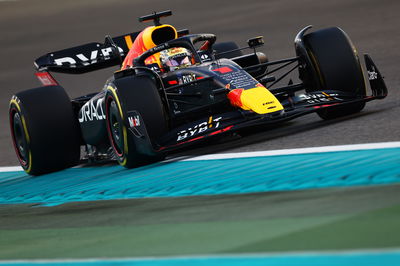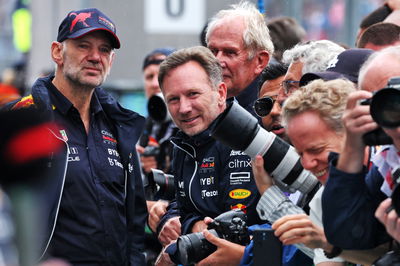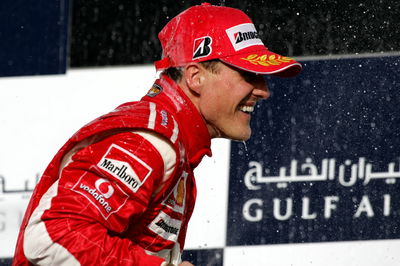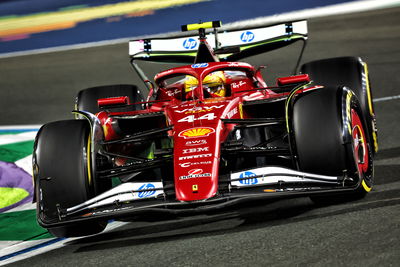Explained: The status of Red Bull's F1 cost cap penalty

After being found guilty of a ‘minor’ breach of the $145m spending limit set during Max Verstappen’s maiden title-winning campaign, F1’s governing body the FIA handed Red Bull a $7m fine and a 10 percent reduction in aerodynamic testing time.
Red Bull team principal Christian Horner described the punishment as “enormous” and “draconian”, suggesting it could cost the team as much as half a second in lap time in 2023.
Horner’s claims have been challenged by F1 rivals who feel the penalty is not as harsh as it seems.
The 2023 F1 season is yet to begin but Red Bull have already served a portion of their punishment.
Under the terms of their Accepted Breach Agreement (ABA), Red Bull were required to pay their $7m fine to the FIA within 30 days.
Crucially, this fine does not come out of Red Bull’s 2023 budget cap. Although still a large fee, it is dwarfed in comparison to the record $100m fine imposed on McLaren for F1’s 2007 spygate scandal.
The most damaging element of Red Bull’s penalty is the restrictions placed on car development time, lasting for a period of 12 months, which came into immediate effect.
This will end on October 26, meaning that as of January 26, Red Bull have already served three months’ worth.
Only three races of the 2023 season will have been completed by the time Red Bull reaches the six-month halfway mark.
At the point Red Bull will be permitted to test at full capacity again, there will still be four races of the campaign remaining, meaning the impact of the drop in windtunnel and CFD work will be felt on both the 2023 and 2024 cars.
Red Bull were already due to have the lowest aerodynamic development allocation for this season due to winning the 2022 constructors’ championship.
In total, Red Bull will be permitted 63 percent in car development time.

Ferrari, who finished as runners-up, will have the next lowest allocation on 75 percent, with third-placed Mercedes getting 80 percent on F1’s sliding scale.
Red Bull's aero guru Adrian Newey admitted the reduction won’t “make much difference” if the team is “really smart”.
“The reduction of wind tunnel testing means we can therefore evaluate less different components, less different ideas,” he explained.
“If we’re really smart and always put on the right things, on the model, then of course it doesn’t make much difference.”












